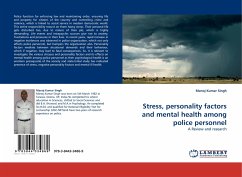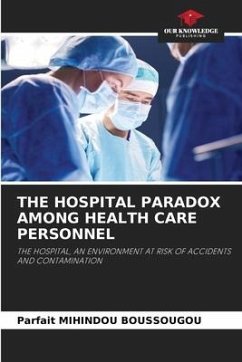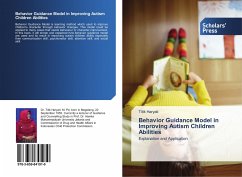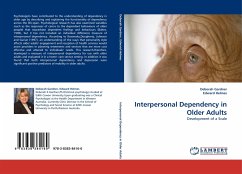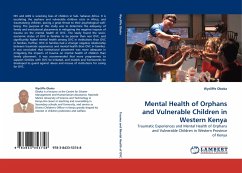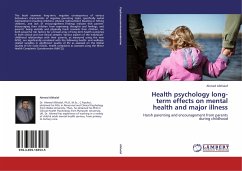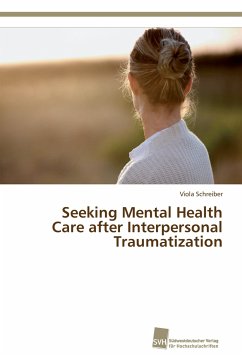
Seeking Mental Health Care after Interpersonal Traumatization
Versandkostenfrei!
Versandfertig in 1-2 Wochen
46,99 €
inkl. MwSt.

PAYBACK Punkte
23 °P sammeln!
Many people experience a traumatic event at least once in their lifetime. But only a fraction of those traumatized and in need of mental health care receive psychosocial care or treatment. This may be due to barriers people experience within the help-seeking process. The individual help-seeking process is consequently highly relevant for any mental health care for trauma survivors. Understanding why people refrain from asking for help or delay the help-seeking process is central to understanding help-seeking after traumatization. The book summarizes the available data on help-seeking after tra...
Many people experience a traumatic event at least once in their lifetime. But only a fraction of those traumatized and in need of mental health care receive psychosocial care or treatment. This may be due to barriers people experience within the help-seeking process. The individual help-seeking process is consequently highly relevant for any mental health care for trauma survivors. Understanding why people refrain from asking for help or delay the help-seeking process is central to understanding help-seeking after traumatization. The book summarizes the available data on help-seeking after traumatization, discusses relevant theories of helpseeking and presents an integrative model of mental health help-seeking after interpersonal traumatizazion. This is followed by quantitative data of a study testing the integrative model and a content analysis of perceived barriers and promoters in help-seeking reported by survivors of interpersonal traumatization and professionals providing help for this population. Finally the model's implications for improving access to mental health care for survivors of interpersonal traumatization is dicussed.






